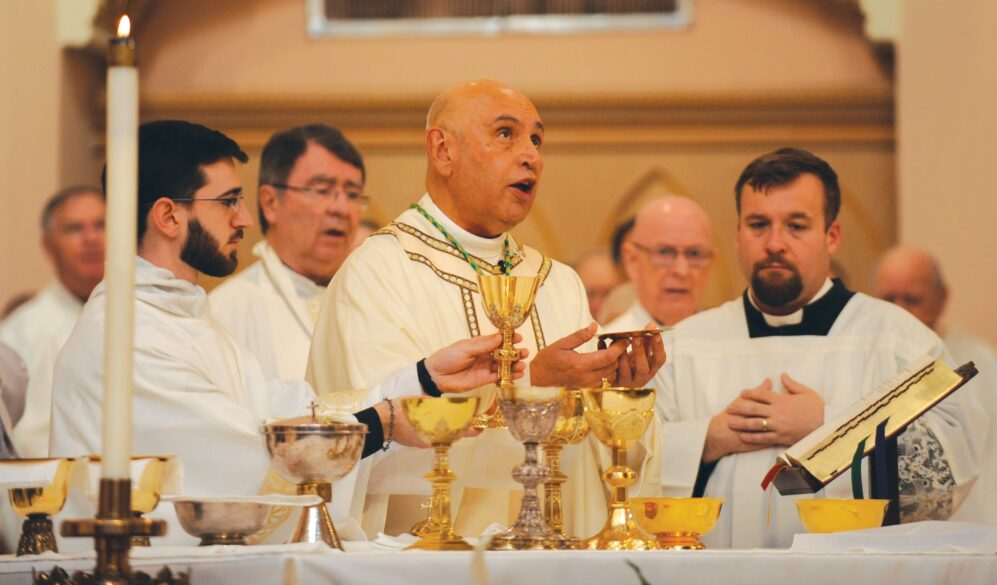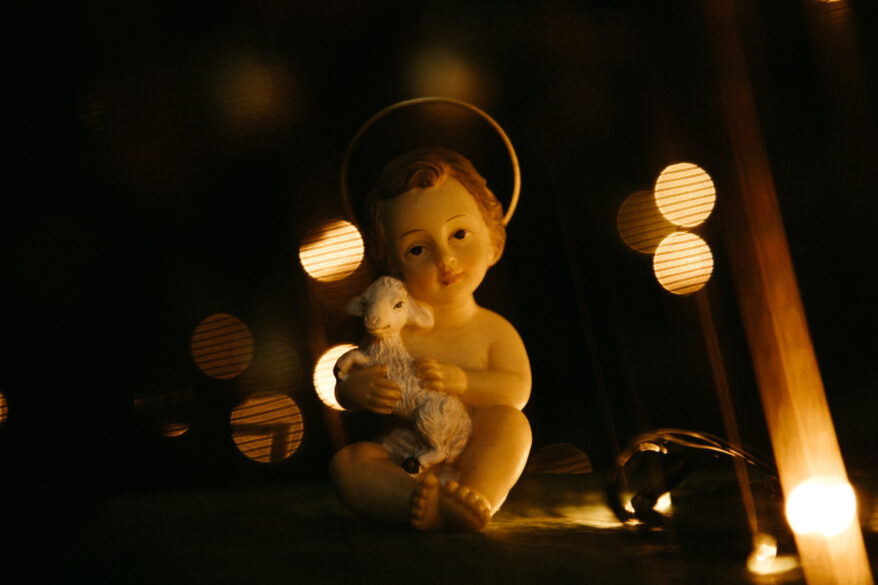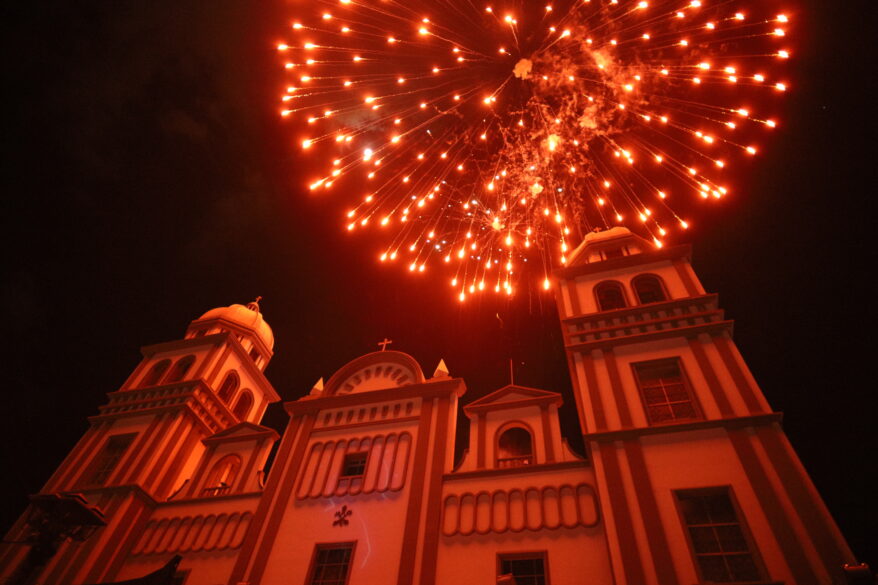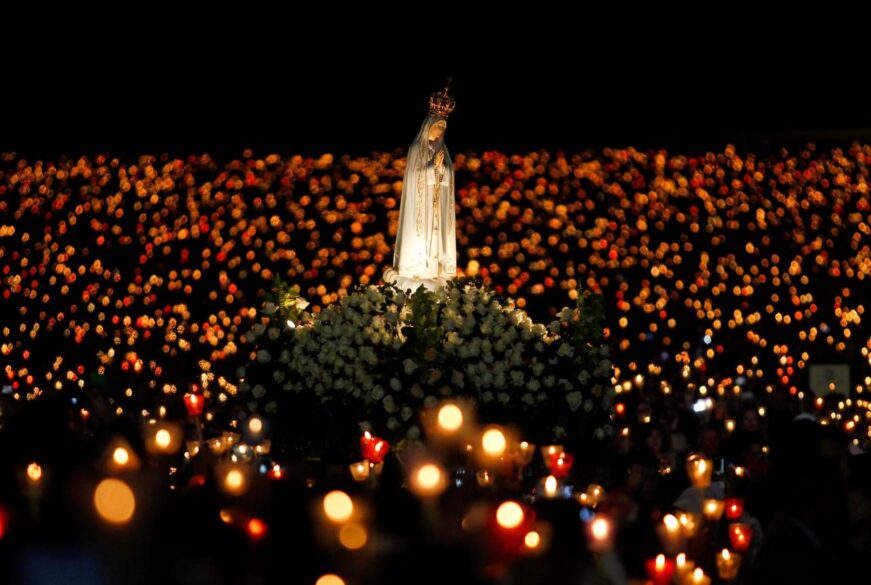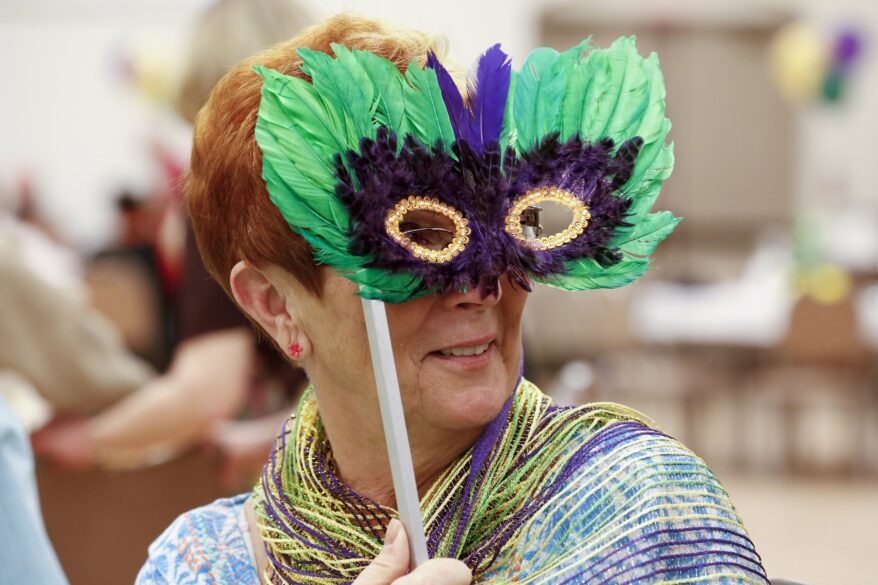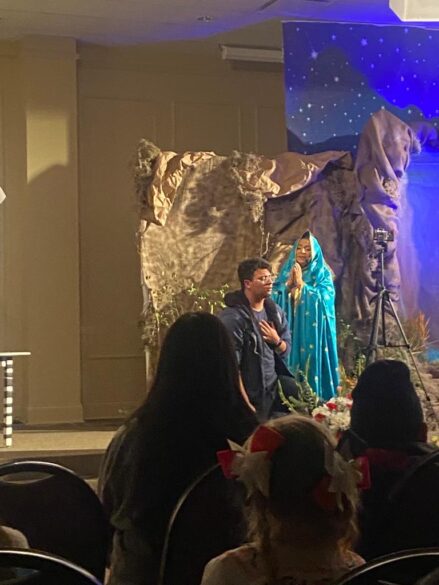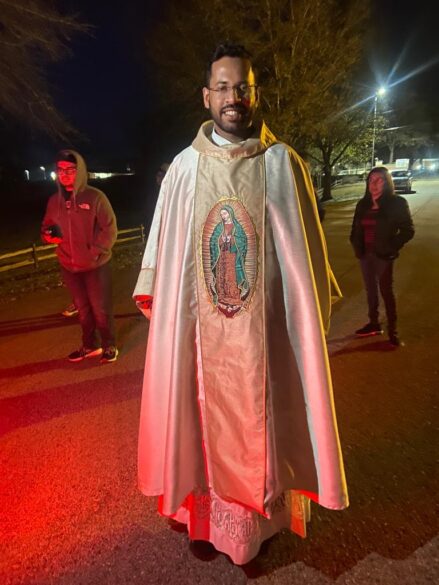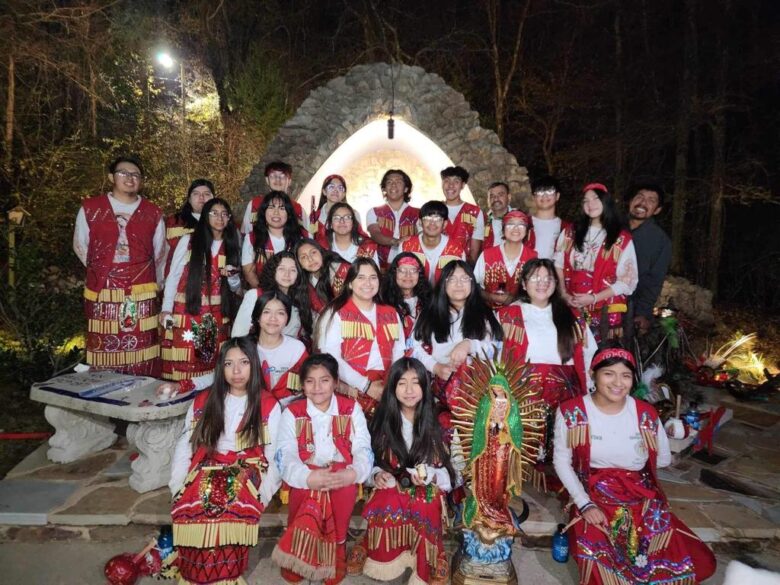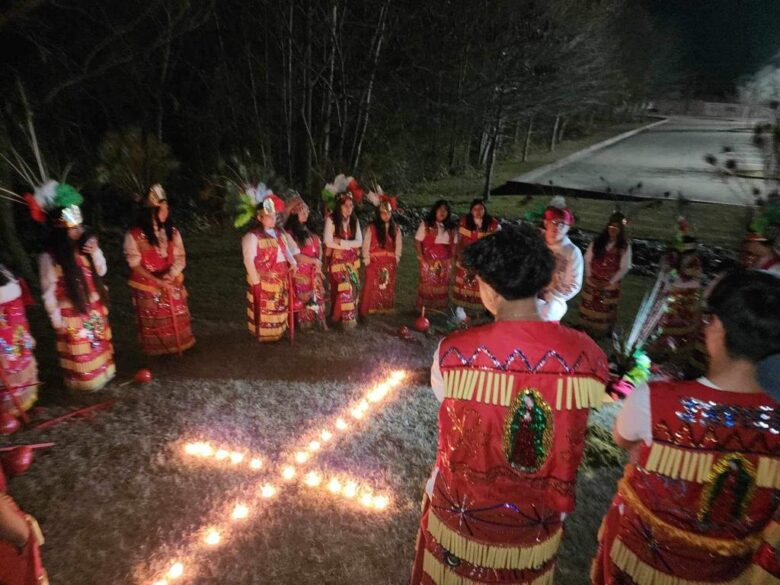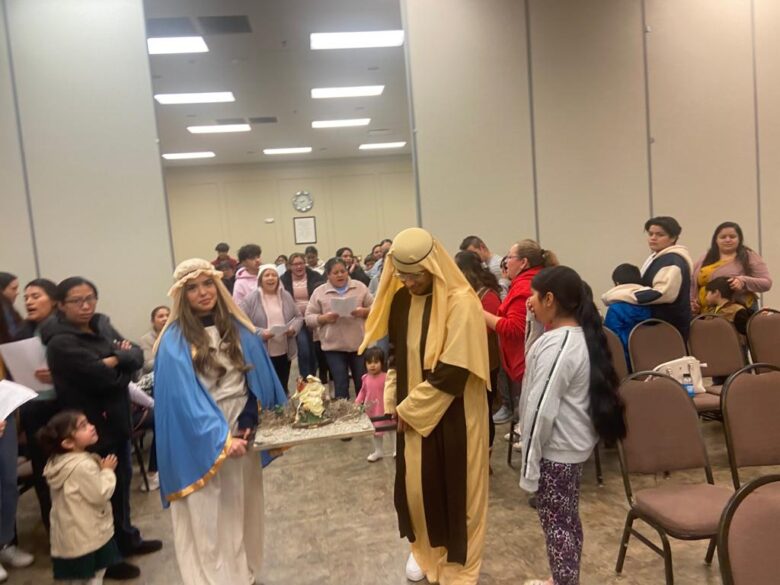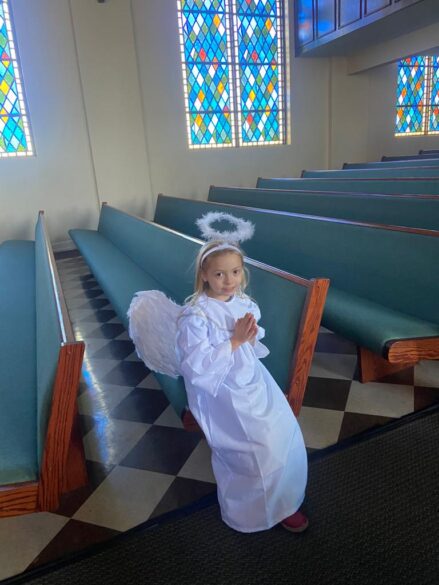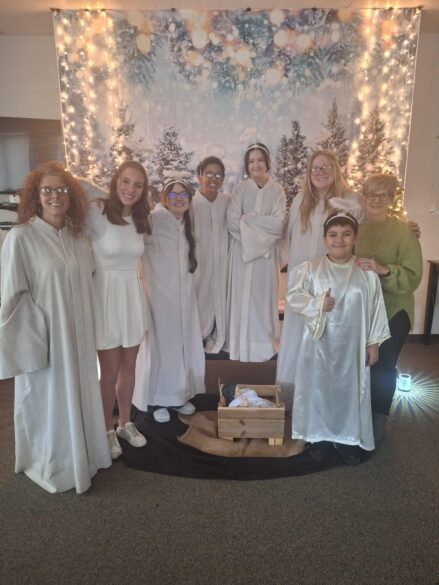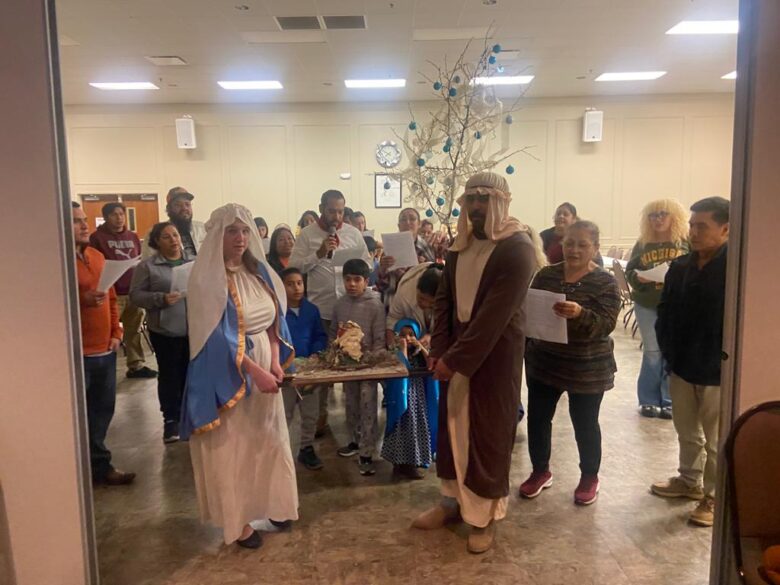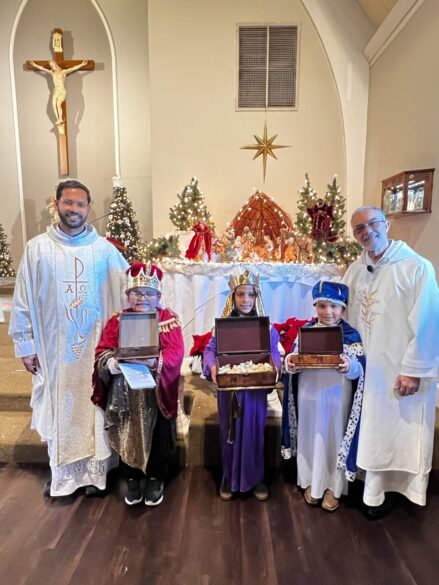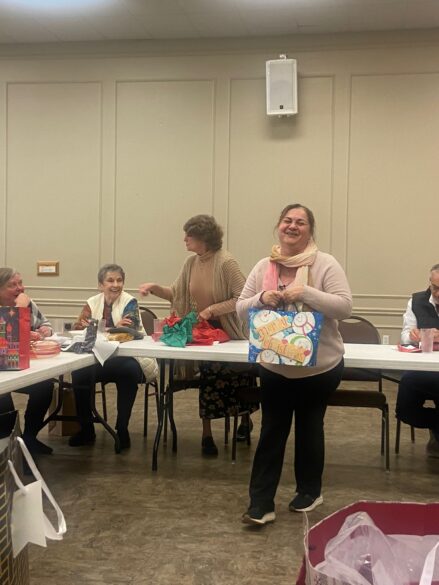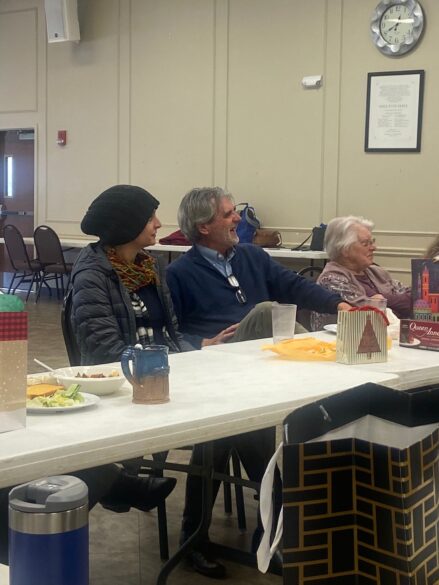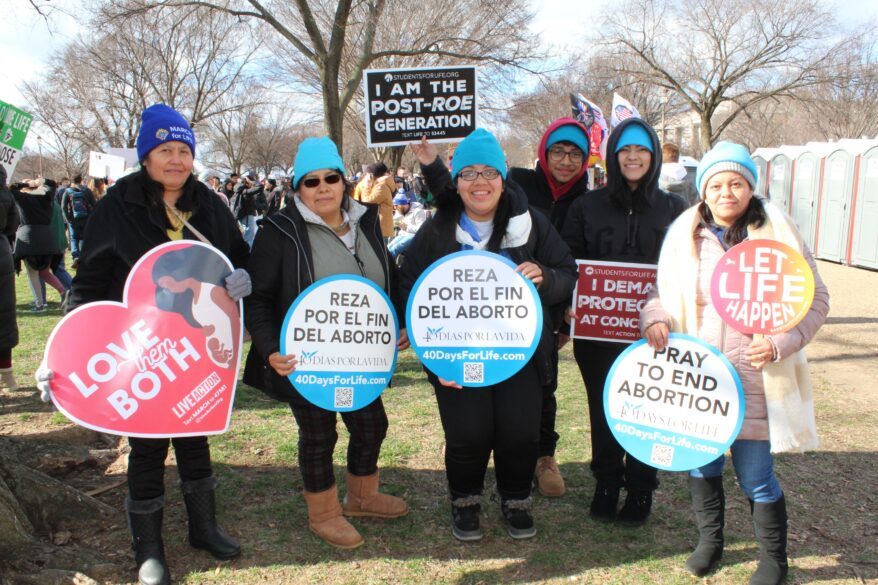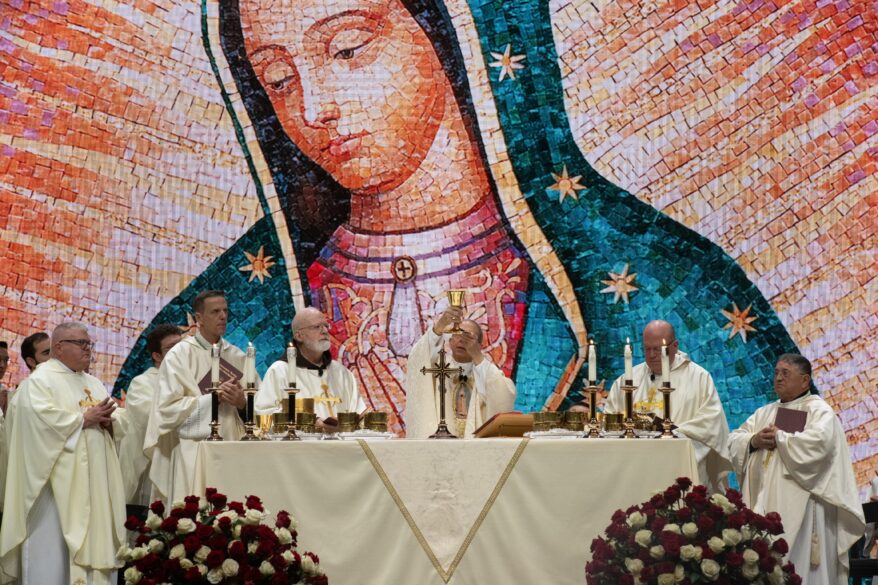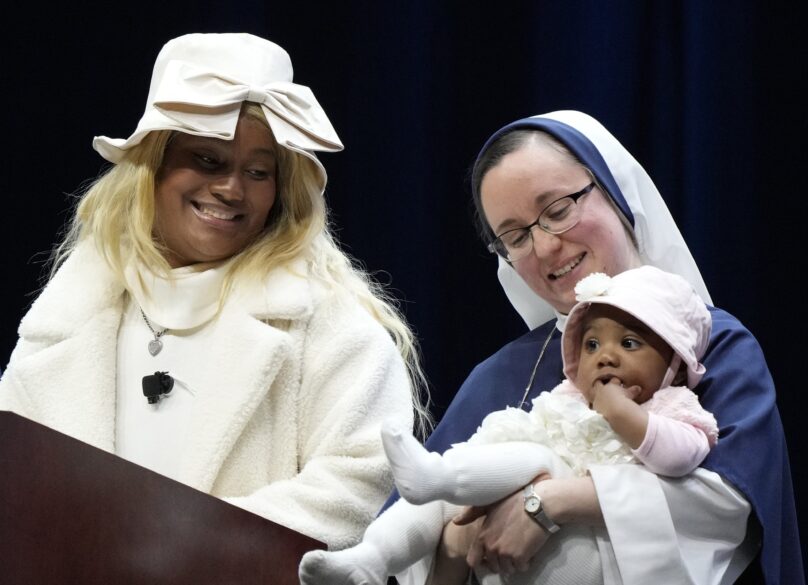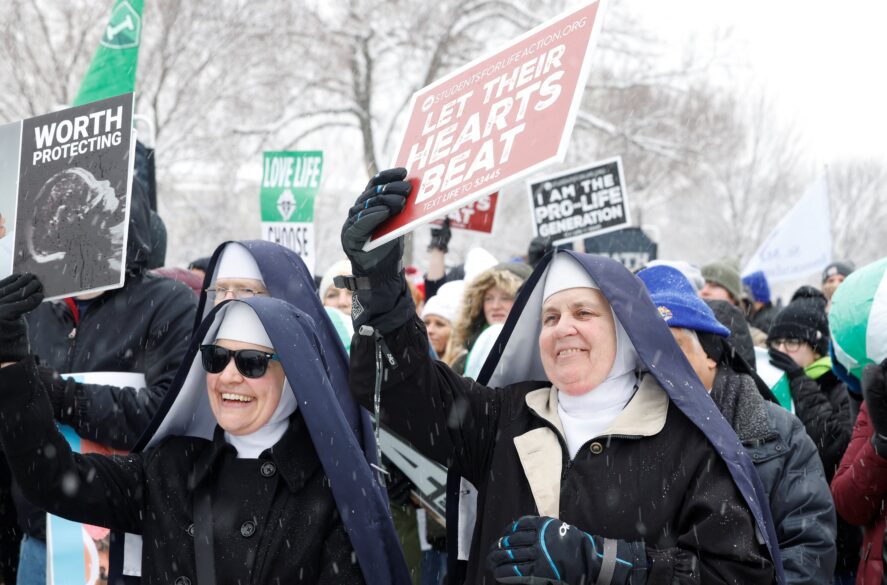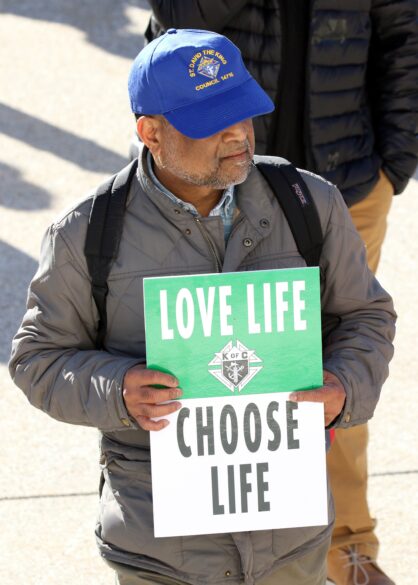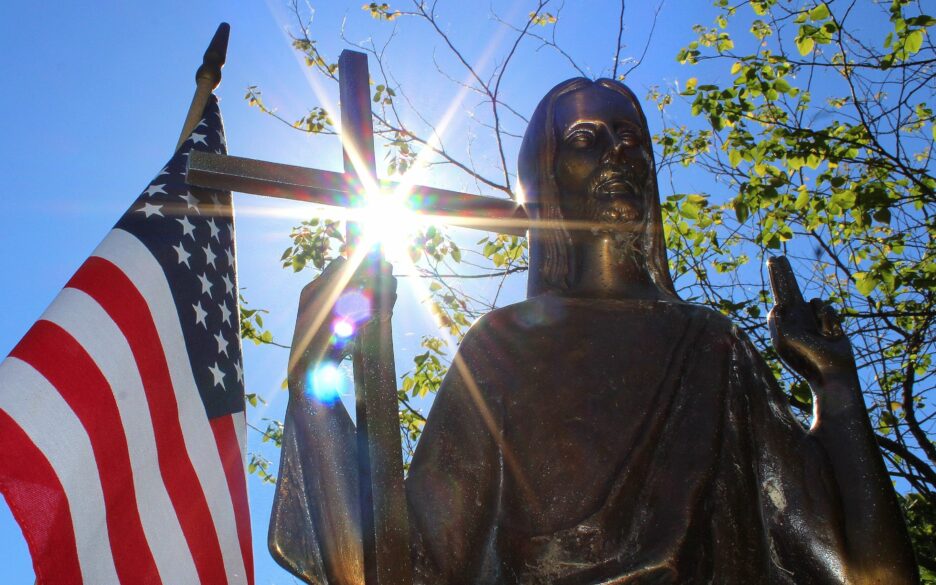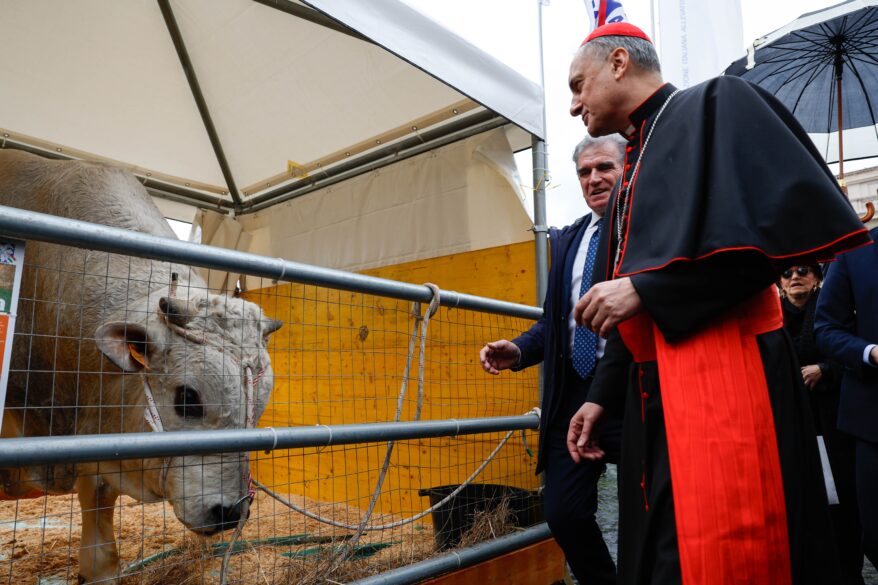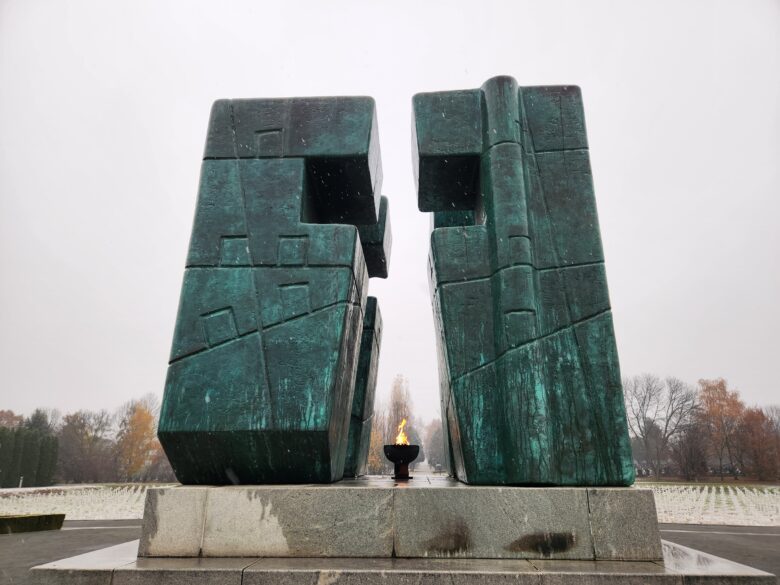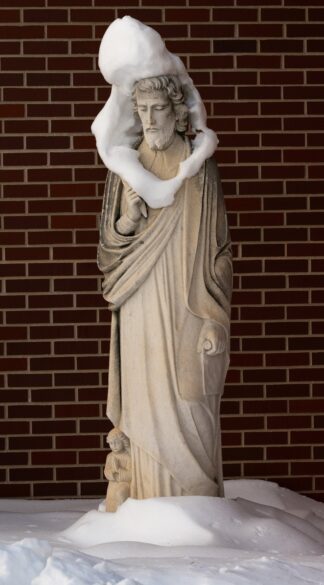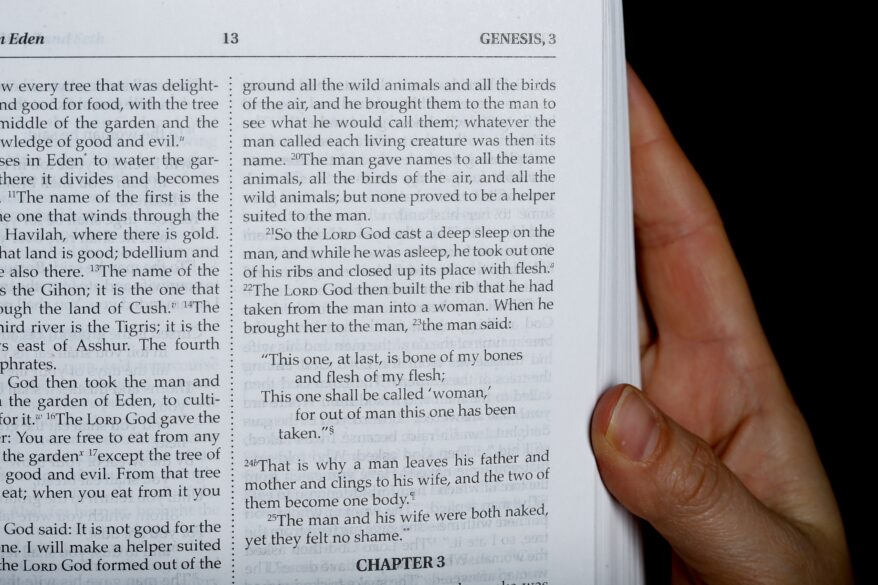By David Agren
MEXICO CITY (OSV News) – Bishop Rolando Álvarez of Matagalpa has been released from prison and sent into exile along with 18 imprisoned churchmen as the Nicaraguan government expelled its most prominent critic, whose presence behind bars bore witness to the Sandinista regime descent into totalitarianism, along with its unrelenting persecution of the Catholic Church.
Vatican News confirmed Jan. 14 at 10:41 p.m. Rome time that with the exception of one priest who remained in Venezuela, all released priests, including Bishop Álvarez and Bishop Isidoro Mora of Siuna, have arrived in Rome “in the last few hours” and are “guests of the Holy See.”
Nicaraguan independent media 100% Noticias posted a photograph on X, formerly Twitter, of the two freed bishops concelebrating Mass in Rome.
Independent Nicaraguan media reported Jan. 14 that the churchmen had departed Nicaragua on a flight for Rome after the government reached an agreement with the Vatican for their release and exile. Auxiliary Bishop Silvio José Báez of Managua – who left the country in 2019 – also confirmed the news at his weekly Mass in Miami, and was visibly moved.
“This is the power of the people of God’s prayers,” he said. “The criminal Sandinista dictatorship of (President) Daniel Ortega has not been able to defeat the power of God.”
The Nicaraguan government acknowledged the churchmen’s release in a Jan. 14 statement, which “deeply thanked” Pope Francis and Cardinal Pietro Parolin, Vatican secretary of state, “for the very respectful and discreet coordination carried out to make possible the Vatican trip of two bishops, fifteen priests and two seminarians.”
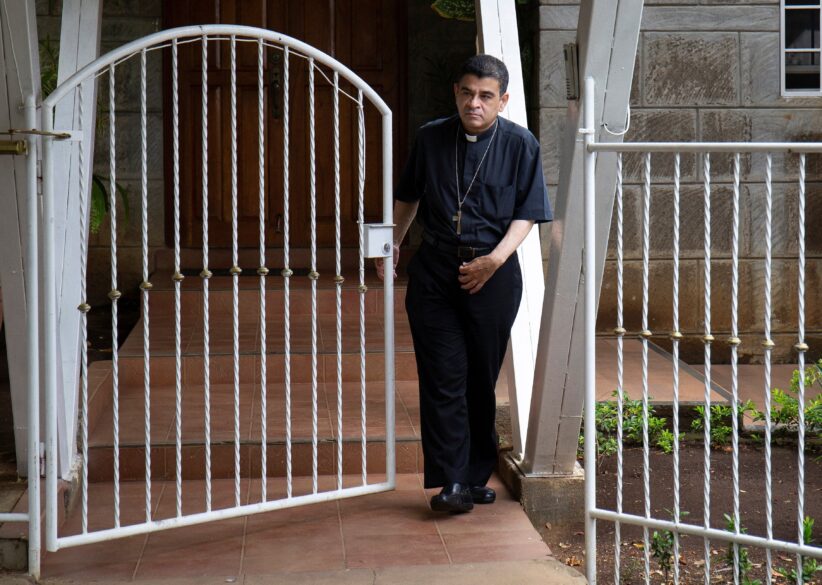
The statement continued, “They have been received by Vatican authorities, in compliance with agreements of good faith and good will, which seek to promote understanding and improve communication between the Holy See and Nicaragua, for peace and good.”
The statement struck an unusually respectful tone – far from the government’s frequent accusations of terrorism and coup mongering against church leaders, who attempted to unsuccessfully facilitate a national dialogue after mass protests erupted demanding Ortega’s ouster. The Nicaraguan government also severed relations with the Vatican and expelled the nuncio, Archbishop Waldemar Stanislaw Sommertag, in 2022. The Vatican subsequently closed its embassy in March 2023.
“We recognize the chance for direct, prudent and very serious dialogue, a responsible and careful dialogue,” the government statement said.
The release of 19 churchmen – including Bishop Mora and more than a dozen priests detained during a wave of detentions over the Christmas period – provoked reactions of joy among Nicaraguans in exile, along with statements of defiance.
“With great joy, I thank God that my brother bishops, priests, and seminarians are out of prison. Justice has triumphed. The power of the prayer of God’s people has been displayed,” Bishop Báez said on X, formerly Twitter.
Ambassador Brian A. Nichols, assistant secretary for Western Hemisphere Affairs in the U.S. Department of State, said on X that the regime “expelled 19 unjustly detained Catholic clergy, including Bishop Álvarez.”
“We are reassured to see the release of these religious leaders. All people have the right to worship at home and abroad. We continue to call for the release of all those unjustly detained and the restoration of the fundamental freedoms of the Nicaraguan people,” Nichols emphasized.
Bishop Álvarez has become the face of resistance in Nicaragua, raising his voice against the increasing intolerance of the Sandinista regime – which has subdued the business community, forced the free press out of the country and attempted to control the Catholic Church.
The bishop spent more than 500 days in custody after police arrested him in August 2022 during a pre-dawn raid on his diocesan curia, where he had been holed up protesting the seizure of Catholic media outlets. In February 2023, He was sentenced to 26 years in prison on charges of conspiracy and spreading false information – one day after he refused to leave the country.
Bishop Álvarez refused subsequent attempts at exiling him – as expulsion or refusing priests reentry to the country after traveling abroad became a common tactic.
“The dictatorship feels safer or more comfortable with religious people outside the country than inside the country,” Arturo McFields Yescas, a former Nicaraguan diplomat in exile, told OSV News.
“When they are inside (the country) they consider them a threat, a danger, a counterweight to their official narrative. And when they are outside, (the regime) feels that they no longer have that critical voice, or that voice of truth, which spoke to the people and people listened to,” he said.
(David Agren writes for OSV News from Mexico City.)


